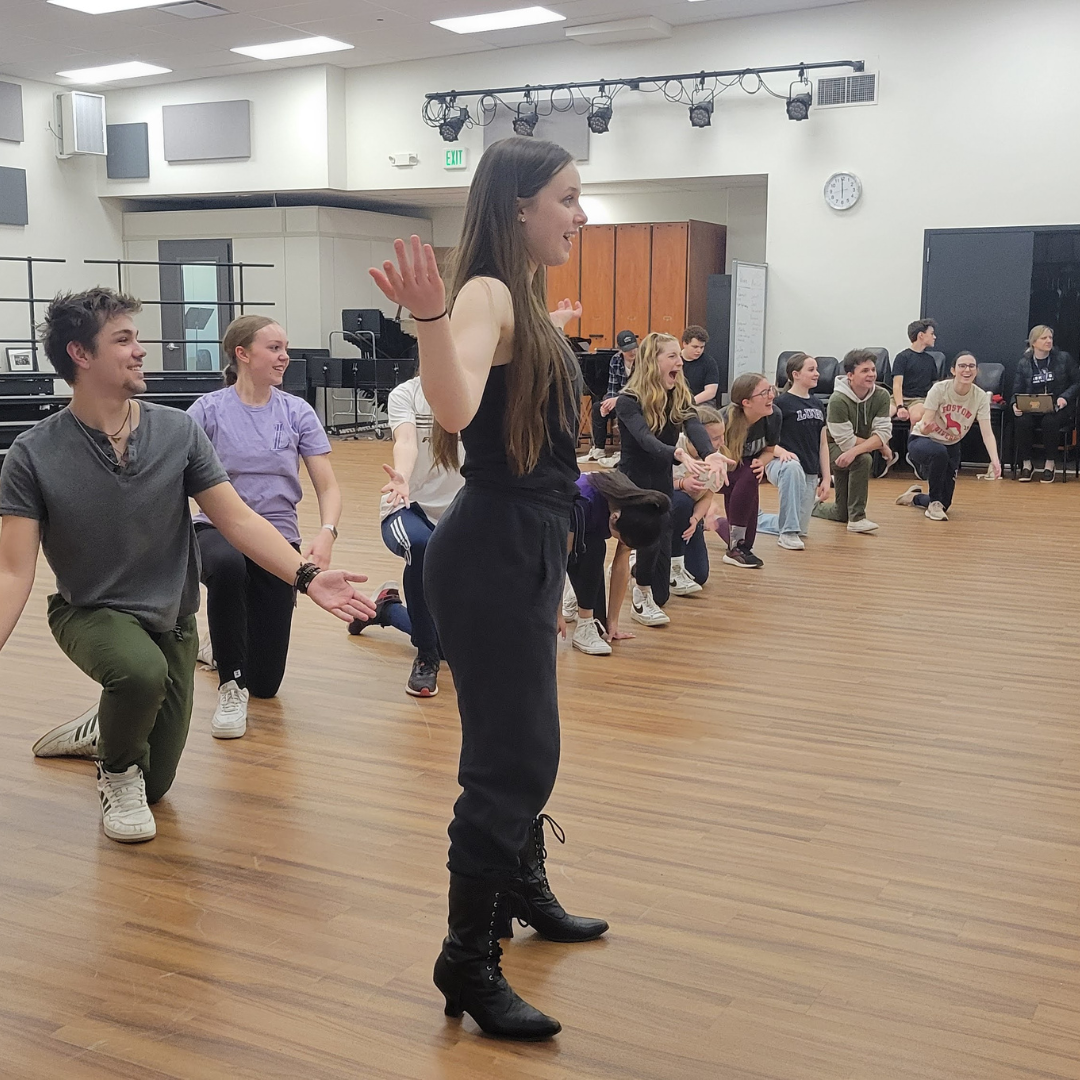10 Benefits of Playing High School Sports
Participating in high school athletics can provide students with lifelong skills, lessons, relationships, and benefits.
BY Hannah Buchholz
It’s a competitive world out there. Students compete in the classroom for the top spot. Student-athletes show their competitive side on the court or field, wanting to get the win for their team. Pressure to perform - academically, athletically, and otherwise - can be stressful. The good news? Plugging into an extracurricular activity such as a sport can be a great outlet and teach important life skills along the way. Here are nine important benefits of playing a sport in high school.

1) Physical Fitness
Staying physically active is important, especially for a growing body. Cardiovascular and strength training from sports like soccer, football, or basketball helps students nurture their minds and bodies. Developing the habit of training early on helps encourage a lifelong active lifestyle. Many people who play high school sports remain physically active throughout adulthood.
2) Improved Academic Performance
Playing sports helps some students stay focused and perform better in the classroom. There are two main aspects to how playing a sport influences academic performance. The first is straightforward: there are minimum grade requirements to participate in school sports.
The second has to do with brain performance. For some students, learning game strategies and memorizing plays helps with logic in the classroom. For others, academic improvement is sparked by the positive influence of a coach or mentor. Positive peer influence and healthy classroom competition can result in higher academic achievement.
3) Social Relationships
Mix the ups and downs of competition with a group of committed, like-minded people over a period of many months, and you’ll end up with deep teammate relationships. A healthy team pushes one another to succeed and grow. Students experience times of frustration, forgiveness, and camaraderie during games and practices. Coaches foster a healthy and safe environment for these relationships to develop.
4) Facing Adversity
Life isn’t easy. Life isn’t fair. These idioms may be overused, but they are still true. High school sports are a sure-fire way to learn these hard truths. Any high school athlete will tell you that during their time on a team, they’ve had to work hard, be disciplined, show up when they didn’t want to, and stop making excuses. Forming these habits now pays dividends in life after high school.
5) Teamwork & Cooperation
Skills like teamwork and cooperation are important at every stage of life. From the playground to the sports field, and then on into business meetings, getting along and working with others to accomplish a goal is key to smooth working relationships. High school sports - both team and individual - teach players these important life skills.
6) Positive Mentors
Coaches are often lifelong players and supporters of their sports. They love what they do and truly care about the students they mentor. Many times, students and coaches stay connected throughout their lives. Other times, it’s a lesson learned or a moment on the field remembered. High school sports provide a great place for positive mentorship. At LuHi, coaches at every level want to develop Christian character in their players and model a Christ-like attitude. LuHi student-athletes receive guidance from their coaches from a biblical worldview.
7) Leadership Skills
On the court or the field, student-athletes must make decisions and act as leaders. Calling plays, reacting quickly, and working toward a common goal are all ways leadership is important during the game or match. Off the field, student-athletes are leaders within the school as well. They represent a collective school spirit and demonstrate honor and dedication to the school while their peers cheer them on. Athletes learn how to lead by example, lead through good sportsmanship, and lead in their actions.
8) Time Management
High school athletes juggle school, homework, practice, family, faith, projects, training, and games. It’s a lot to keep track of. The experience of managing it in high school helps students better manage time throughout their lives. Participating in sports teaches students the importance of keeping appointments, allowing for prep and travel time, and learning time management habits.
9) Community Representation
Part of the high school sports experience is being part of a larger community and providing role modeling for others. Student-athletes are responsible for representing Lutheran High School, Christ, and our community. It’s an incredible opportunity to be part of something that inspires others. Learning about community participation and representation in high school builds connectivity for life.
10) Success Mindset
Finally, high school sports help players develop a success mindset that can serve them throughout college and their careers. Sports teach students how to define success, set short and long-term goals, and take responsibility. Having a drive to win - both personally and for the team - pushes students to be persistent in achieving their goals. These traits are valued in every career and industry.

Over 70% of the LuHi student body is involved with one or more of our sports teams. We see the value of high school sports as offering life skills, a means to stay physically fit, and an opportunity to grow in their faith and relationships with others. Our coaches love to win and have a passion for their sport. Watching their athletes develop into strong, Christian men and women of character is of the utmost importance and a goal of every program.
Originally published in 2021, updated for accuracy.




-2.png)